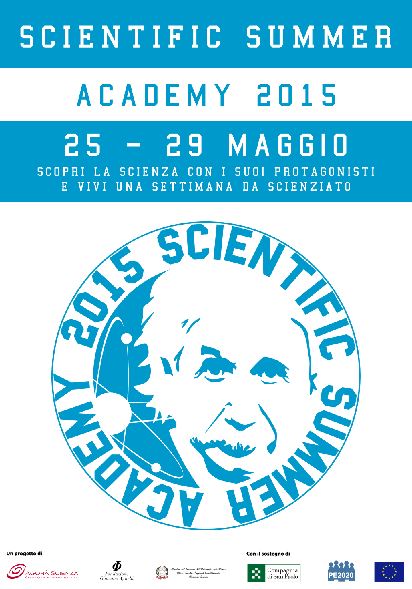Usually, informal education initiatives on science and technology tend to attract the interest of the audience by leveraging on the fascination of scientific discovery and technological innovations. This is obviously a right strategy. However, to a certain extent, it could be also risky.
The risk is that people could be led to see science and technology as something fully detached from society, something which comes from afar and produced elsewhere, something which could affect our life but which is not and cannot be affected by us. Like the children who think that milk is produced by the refrigerator and not by the cows, people could be led to think that science is only made in the single laboratories by single researchers and not the output of complex research systems involving many actors, infrastructures, policies and resources.
Hence a set of questions arise. Is it possible to educate to science and technology without speaking of the scientific and technological research? In other words, is it possible to transfer a reliable image of science without discussing issues like research funds, controversial scientific issues, researchers’ daily life, gender inequality in science and technology, risks and benefits of science and technology, public engagement with sicence and technology and scientific citizenship?
These are the questions placed at the core of the pilot project that Laboratorio di Science della Cittadinanza (LSC) is presently carrying out in Turin, in partnership with Agorà Scienza, an inter-university institute specialized in science communication, science education and public engagement.
The pilot project is embedded in the Scientific Summer School (SSA), an informal education initiative that Agorà organizes each year with the participation of different universities. SSA is aimed at 50 high school students, who will be involved for a week in laboratory activities and lectures on different scientific issues. Some 15 laboratories working in different research fields (like geology, chemistry, astrophysics, nanotechnology, genetics, environmental engineering and robotics) are concerned. At the end of the week, students are invited to develop a poster on their research experiences and to present it in a poster session.
Under the pilot project, two workshops involving some 15 researchers and experts participating in the SSA have been organized on May 5th and 6th 2015 in Turin. The workshop was intended to discuss on how to transfer knowledge to students about science-society relations and public engagement. The workshop had been launched through a discussion outline describing the aims of the pilot project and proposing the issues to introduce in the activities of the SSA. These issues were organized in four key themes: i) Social and economic benefits of science and technology; ii) Functioning of research systems and institutions; iii) Controversial issues and risks connected to science and technology; iv) Involvement of social and economic actors in science and technology.
During the discussion, participants described their own experience and opinions on these issues and discussed about how to include them in the different components of the SSA (lectures, laboratory activities, poster session, etc.).
On the basis of the workshop, a guidelines has been developed, including 20 recommendations aimed at putting science-society relationships and public engagement at the core of the SSA experience. The guidelines have been sent to all the researchers and experts cooperating in the implementation of SSA.
– Luciano
